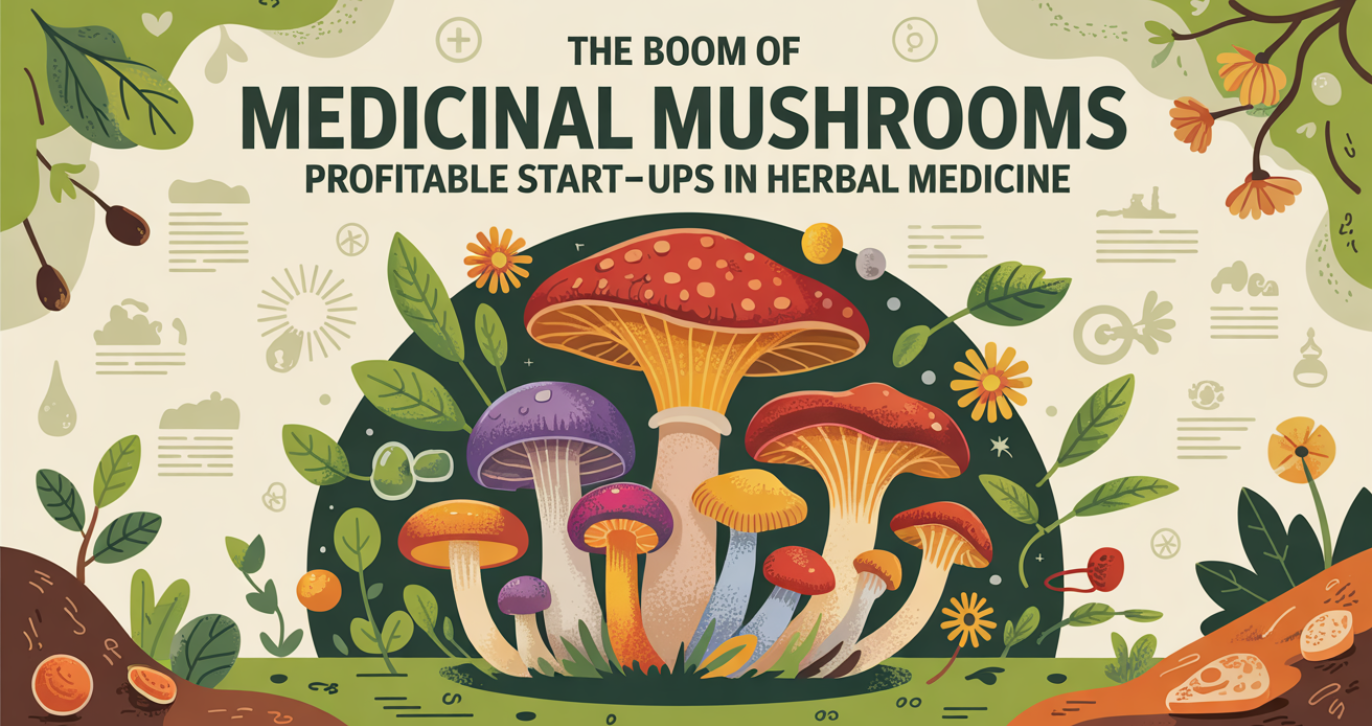The role of AI is transforming business operations by enhancing workflows, automating routine tasks, and lowering operational expenses across various sectors. One can utilize technologies such as machine learning and natural language processing (NLP) to refine processes. It will help to boost productivity and deliver critical insights that foster more efficient and cost-effective business methodologies. The following outlines the significant impact of AI on business operations:
1. Automation of Processes and Optimization of Workflows
Robotic Process Automation (RPA): AI-enhanced RPA automates repetitive, rule-based activities, including data entry, invoice management, and customer support inquiries. This minimizes human error, enhances efficiency, and enables employees to concentrate on more strategic tasks. Platforms like UiPath and Automation Anywhere are commonly employed for the automation of routine functions.
Streamlining Manual Operations: AI technologies facilitate the automation of manual workflows, such as document analysis, contract oversight, and report creation. For instance, AI-driven optical character recognition (OCR) can automatically extract data from scanned documents and integrate it into business systems.
Task Prioritization and Distribution: The role of AI in applications can evaluate workloads. It helps in employee performance to automatically allocate tasks to the most appropriate team members, ensuring optimal resource distribution. Workflow automation tools like Monday.com and Trello leverage AI to enhance task management.
2. Decreasing Operational Expenses
Reduction in Labor Costs: By automating repetitive and labor-intensive tasks, AI diminishes the reliance on manual labor, thereby reducing operational costs. AI chatbots, for example, can manage a substantial volume of customer service inquiries, decreasing the necessity for numerous customer support representatives.
Enhancing Resource Allocation: AI-driven solutions assist organizations in more effectively distributing resources by analyzing usage trends and forecasting demand. For example, AI can predict staffing requirements, mitigating the risks associated with overstaffing or understaffing during peak periods.
3. Predictive Maintenance and Equipment Management
Predictive Maintenance: The AI role leverages sensor data from machinery to forecast when maintenance is necessary. It helps cut down on downtime and expensive repairs. By analyzing usage trends and environmental conditions, machine learning algorithms can predict equipment failures before they occur, avoiding unexpected outages. Tools like IBM Maximo and GE Predix are popular in sectors like manufacturing and transportation.
Asset Management: AI solutions enhance asset management by monitoring the lifecycle of equipment and machinery. It ensures everything is used efficiently. This approach helps lower costs related to equipment failures, repairs, and replacements.
Read our blogs: Cybersecurity: Safeguarding and Marketing in a Digital Age
4. Supply Chain and Inventory Management
Demand Forecasting: AI tools boost demand forecasting by examining past sales data, market trends, and external influences. This enables businesses to keep inventory levels just right, minimizing the costs of having too much or too little stock. Platforms like Llamasoft and FusionOps are commonly utilized in supply chain management.
Warehouse Automation: AI is transforming warehouse operations with automated picking and packing systems, robotic arms, and drones guided by AI. se innovations streamline processes, reduce human errors, and cut down on labor costs.
Optimizing Logistics and Transportation: AI-driven logistics platforms, such as Flexport and ClearMetal, utilize real-time data to enhance routing, lower fuel usage, and speed up delivery times, leading to significant savings.
5. Enhancing Customer Service and Experience
The role of AI chatbots and Virtual assistants like Intercom and Drift can manage a range of customer service tasks, from answering common questions to resolving issues. These tools are available 24/7, which reduces the need for large customer support teams while boosting response times and overall customer satisfaction.
Personalized Customer Experience: AI-driven recommendation engines tailor experiences to individual customers, enhancing engagement and satisfaction.
6. Product Development and Innovation
AI-Powered R&D: AI tools speed up research and development by sifting through massive datasets, spotting trends, and predicting which new product ideas will hit the mark. In fields like pharmaceuticals, AI cuts down the time and costs associated with drug discovery by simulating experiments and analyzing huge amounts of biological data.
Prototyping and Testing: AI makes it easier for companies to create and test new products. Machine learning models can mimic how products will perform in different scenarios, which means less need for costly physical prototypes and testing.
7. Marketing and Sales Optimization
AI-Boosted Marketing Automation: Tools like HubSpot and Marketo use AI to streamline marketing tasks such as email campaigns, social media posts, and lead nurnurturing. tailor content and optimize marketing budgets by reaching the right audiences at the right moments, boosting conversion rates while keeping costs down.
Sales Forecasting and CRM: AI-driven customer relationship management systems, like Salesforce Einstein and Zoho CRM, leverage predictive analytics to anticipate sales, prioritize leads, and recommend the best next steps. This allows sales teams to operate more effectively and close deals quickly, lowering the cost of acquiring new customers.
Also Read: How AI is Revolutionizing Customer Service for a Seamless Experience
Closing thoughts
In conclusion, artificial intelligence is transforming business processes by automating repetitive tasks, streamlining workflows, and improving decision-making capabilities, which leads to cost reductions and enhanced efficiency. AI-driven solutions are applicable across various domains, including predictive maintenance, supply chain management, customer service, and marketing, enabling organizations to function more effectively and maintain a competitive edge in a rapidly evolving marketplace. As advancements in AI technology progress, its importance in optimizing operations and minimizing expenses will become increasingly pronounced.










